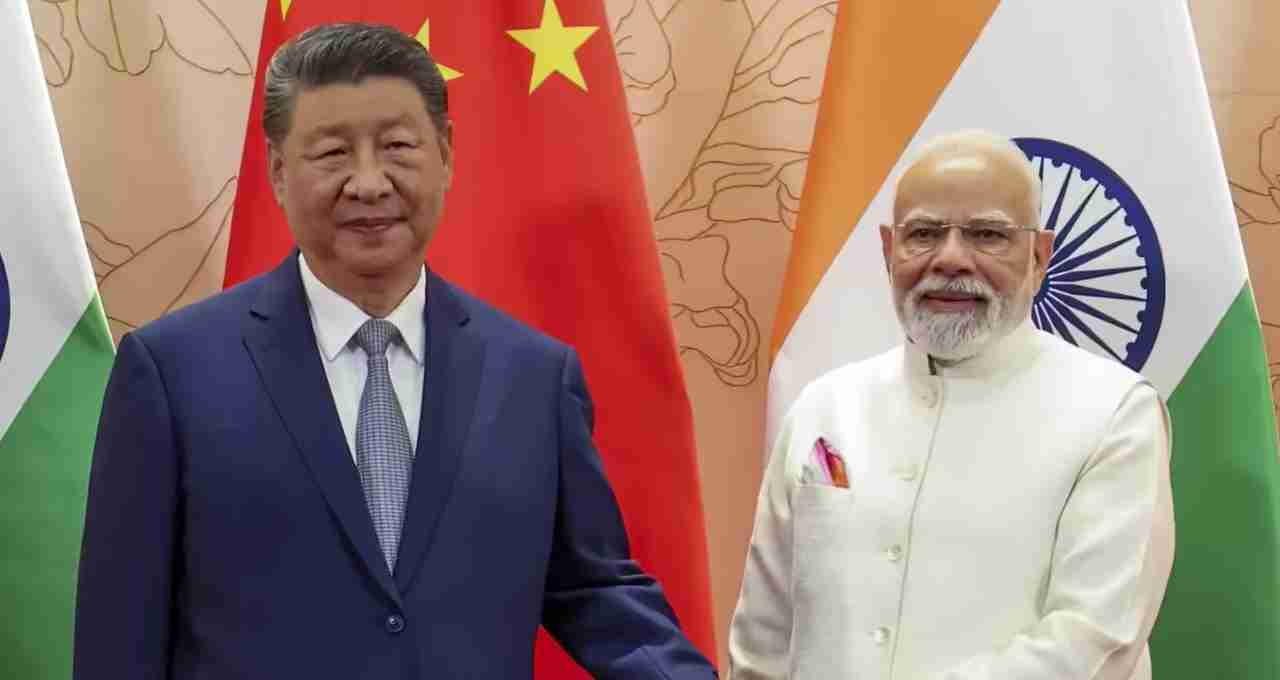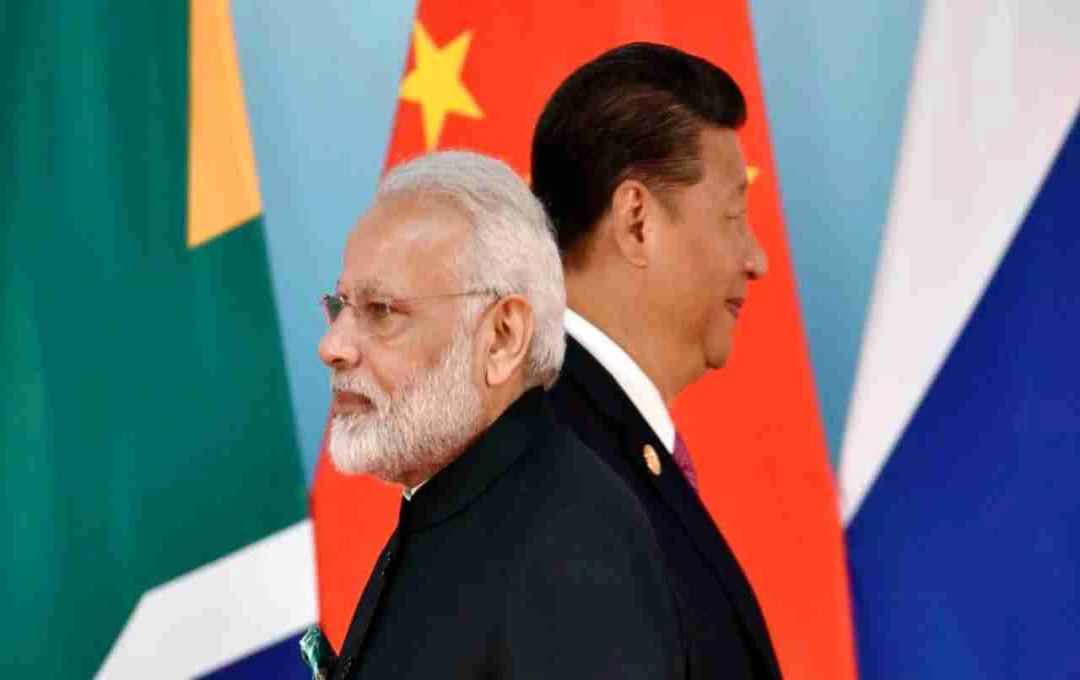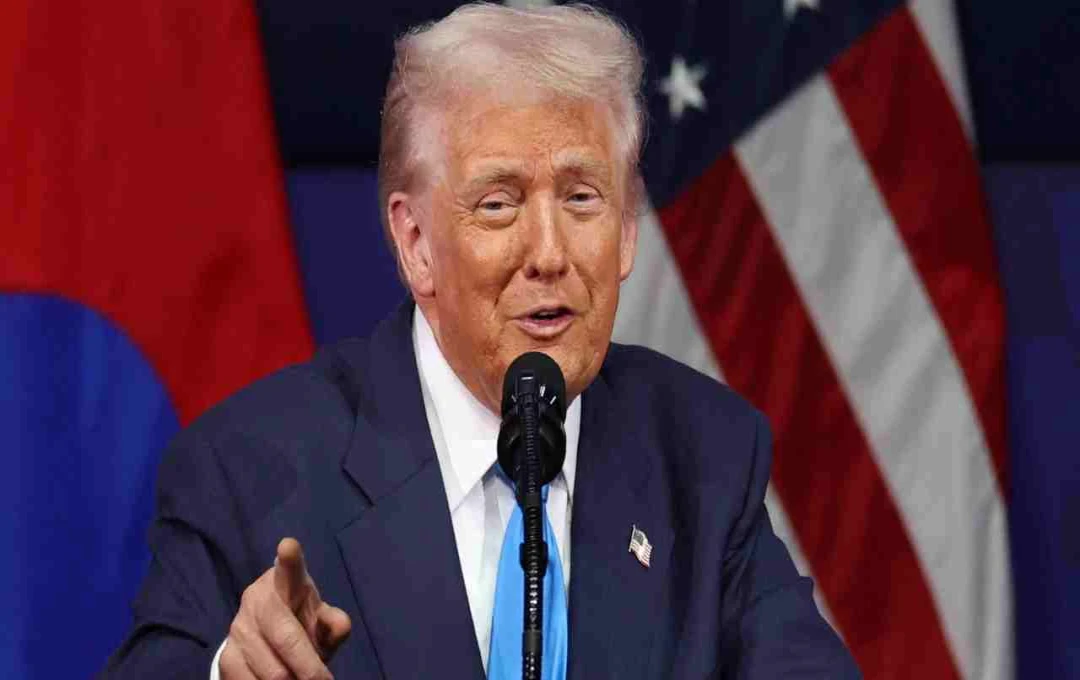The Directorate General of Trade Remedies (DGTR), the investigation arm of the Indian government, has recommended imposing anti-dumping duty for five years on cold-rolled non-oriented electrical steel imported from China. The objective is to protect domestic companies from cheap Chinese imports and promote fair trade. This move is considered significant amidst the India-China trade deficit exceeding $100 billion.
Assign duty: In New Delhi, the Directorate General of Trade Remedies (DGTR), the investigation unit of the Ministry of Commerce, has made a major recommendation against China. It has proposed imposing anti-dumping duty for five years on cold-rolled non-oriented electrical steel imported from China. The investigation found that Chinese companies are selling this product in India at prices below their normal value, leading to dumping. The duty rate has been set between $223.82 and $414.92 per tonne. The aim of this step is to protect the domestic industry and ensure fair competition in the market.
Why action was recommended on dumping

DGTR's investigation revealed that China is exporting this steel to India at prices significantly lower than its normal value. This is causing damage to Indian companies and creating unfair competition in the market. Following the investigation, DGTR clearly stated in its report that Chinese exports fall under the category of dumping. Based on this, it has recommended imposing anti-dumping duty on this product imported from China.
How much will the anti-dumping duty be?
According to the report, a duty of $223.82 per tonne has been recommended for some Chinese companies, while for other companies, this duty has been set up to $414.92 per tonne. DGTR believes that this step will provide relief to Indian steel companies and mitigate the problems arising from Chinese imports. However, the final decision rests with the Ministry of Finance. The Ministry will determine when the duty will be implemented and at what levels it will be enforced.
Why is anti-dumping duty imposed?
Anti-dumping duty is imposed to protect a country's domestic companies. When a foreign company sells its product at a very low price in another country, local companies cannot sustain themselves in competition. In such situations, the government tries to balance prices by imposing anti-dumping duty. This gives domestic industries a level playing field and maintains fair competition in the market.
India and China Trade

India and China are considered among the world's largest trading partners. In FY2025, the bilateral trade between the two countries reached $127.71 billion. India's imports from China accounted for $113.5 billion, while India's exports to China were only $14.2 billion. Consequently, India's trade deficit reached $99.2 billion. This deficit continues to be a constant concern for India.
What India imports
India primarily imports electronic goods, industrial machinery, power equipment, chemicals, and mobile phone parts from China. China exports these products to India in large quantities at low prices. This leads to the Indian market becoming dependent on these imported goods, and domestic companies face difficulties in selling their own products.
Duties imposed previously
India has previously imposed anti-dumping duties on several products from China, including chemicals, steel products, plastics, and electronic goods. The government states that these measures have strengthened domestic industries and maintained market balance. Now, preparations are underway to include cold-rolled non-oriented electrical steel in this list as well.
Experts believe that relations between India and China have appeared somewhat normalized in recent times. However, the threat of Chinese dumping has resurfaced. India does not want its domestic industries to suffer losses again. This is why DGTR has recommended strict measures to the government.














